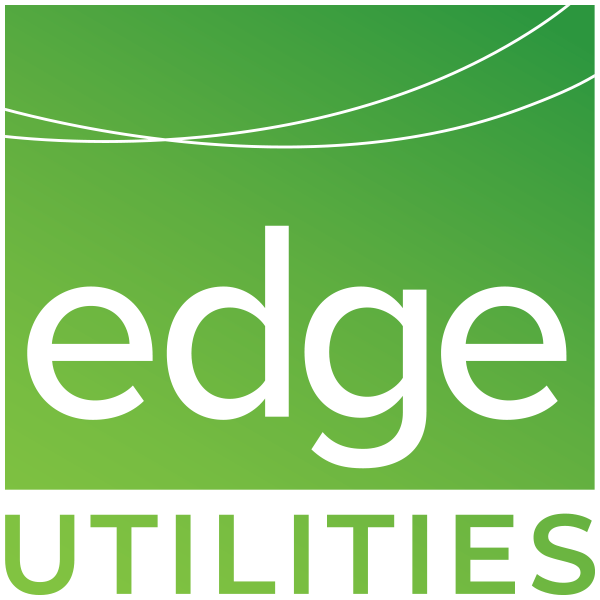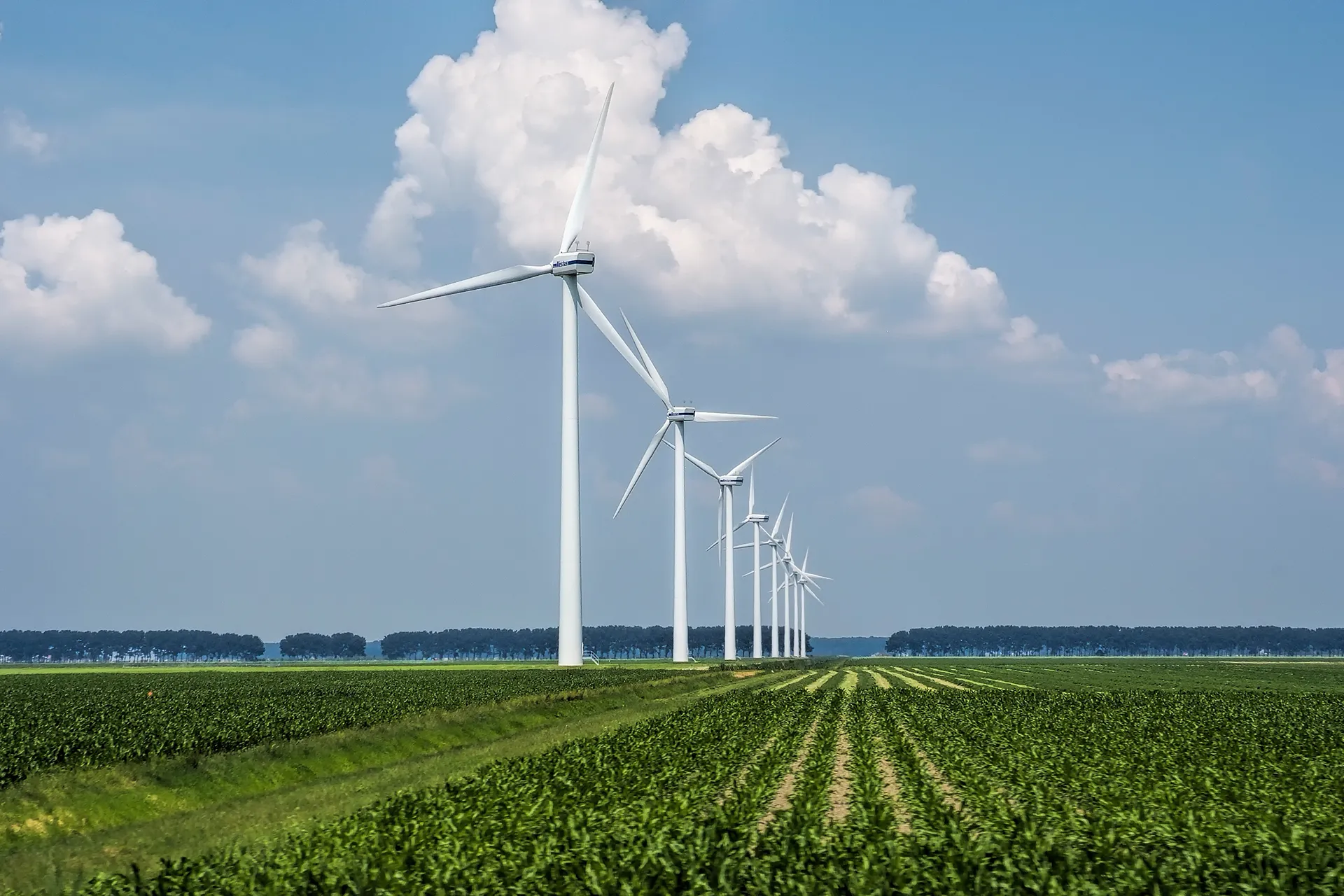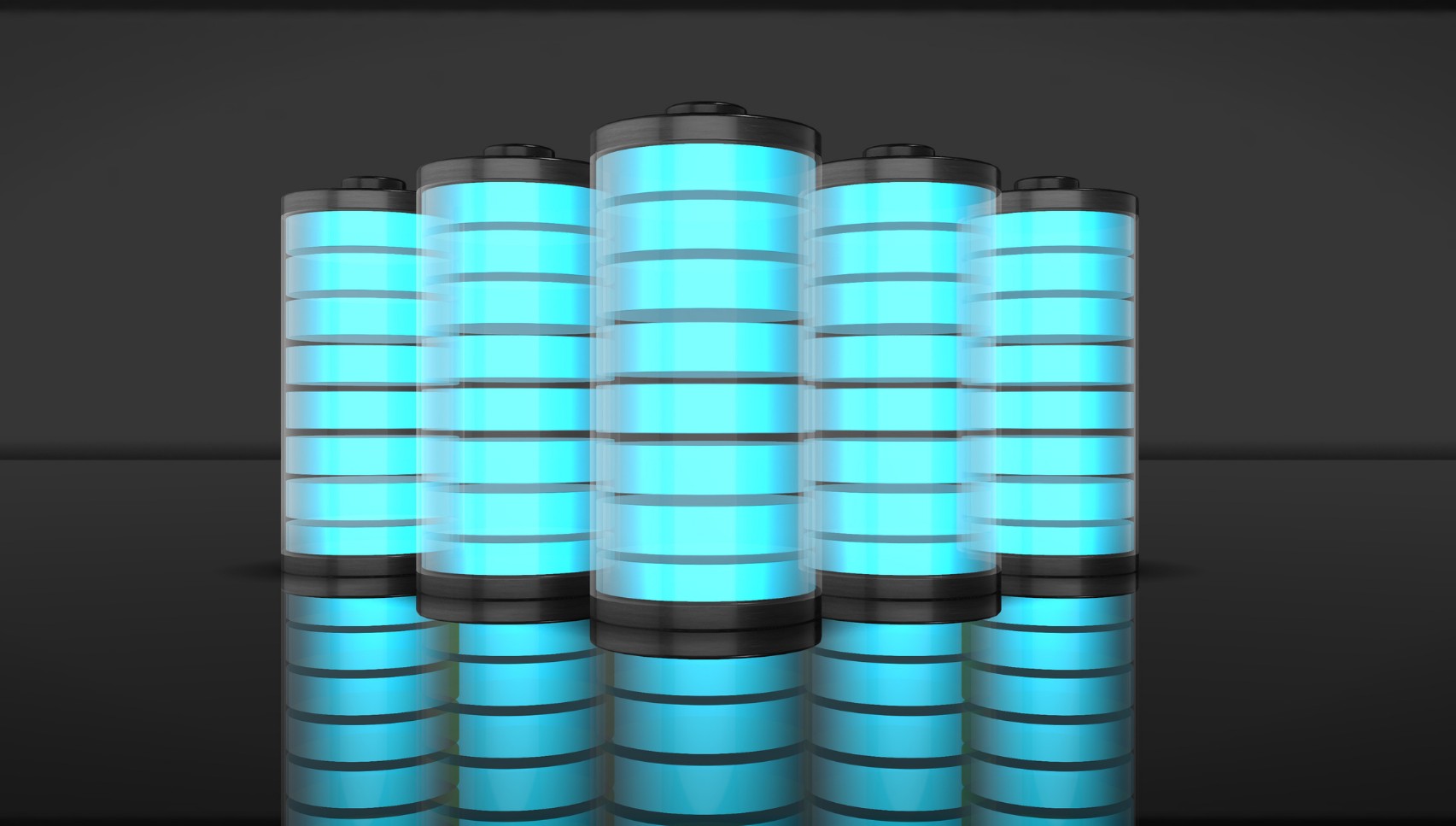Australia’s renewable energy sector is facing a litany of challenges, with a number of recent wind project delays marking just the tip of the iceberg. The halt in investment for the Karara Wind Farm, due to delays in turbine parts and escalating costs, highlights a broader problem. Queensland’s ambitions of generating 50 per cent of new renewable energy within the state now hang in the balance, a setback that underlines the pressing need for an overhaul in our approach to green energy.
As the Conference of Parties (COP 28) approaches in November, and with Australia seemingly off-course to meet its 2030 climate targets, international pressure is increasing. Engie Australia’s CEO, Rik De Buyserie, suggests that to even approach the 2030 climate targets, Australia would need 10,000km of new transmission, 44GW of new renewables, and 15GW of firming capacity.
Key figures in the industry, such as Markus Brokhof, COO of AGL, and De Buyserie have been vocal about the urgency of the situation. They argue that the current investment in renewable electricity is woefully inadequate to compensate for the looming closure of coal generation. Brokhof posits that it might be time for Australia to not just invest more, but to also bring the manufacturing of renewable energy components home.
The notion of upskilling our workforce and developing our own green manufacturing industry is a compelling one. With the logistical challenges of imports, scarcity of components, and rising costs, it may be the most feasible path towards our 2030 climate targets. Thus, echoing the sentiment of the famous 1996 football anthem, it might indeed be time to bring renewable energy ‘home’, transitioning Australia towards a self-reliant, green energy future.
This is a summary article from Edge2020 – read the original article.


